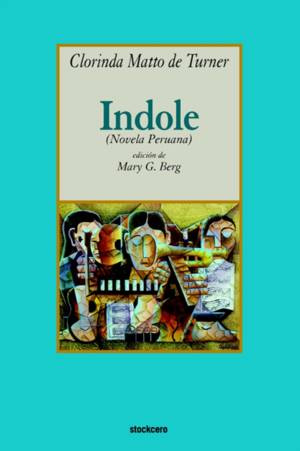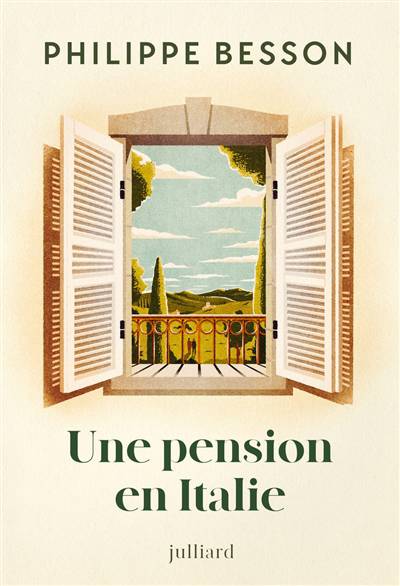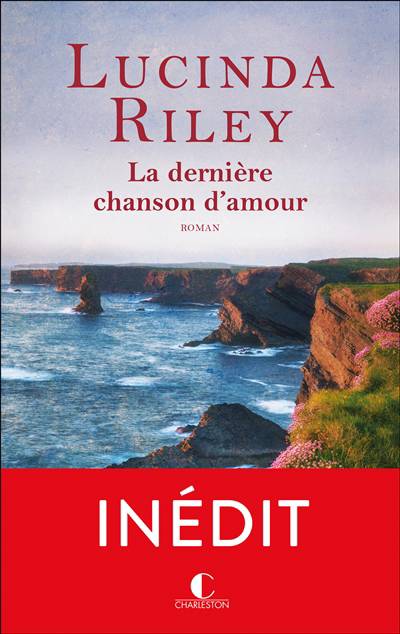
- Retrait en 2 heures
- Assortiment impressionnant
- Paiement sécurisé
- Toujours un magasin près de chez vous
- Retrait gratuit dans votre magasin Club
- 7.000.0000 titres dans notre catalogue
- Payer en toute sécurité
- Toujours un magasin près de chez vous
Description
Clorinda Matto de Turner's second novel, Indole, was published in Lima in 1891, two years after her Aves sin nido shocked the Peruvian reading public with its forthright criticism of Church and state corruption. Like Aves, Indole dramatizes the liberal reformist anticlericalism of late nineteenth century political debates, and is also set in a small Andean town surrounded by outlying haciendas. But in Indole, the town is a stable and basically happy one, where indigenous people, mestizos and landowners of Spanish descent live harmoniously in a beautiful Andean valley. Matto's journalistic ambition to document people's appearance and behavior in detail, and her close attention to the dynamics of gender, race and class, produces a vivid analysis of small town life in 1858, complete with an army batallion sweeping through at the end on its way to retake Arequipa for Ramón Castilla, placing the fictive town of Rosalina in a historical national framework. Clorinda Matto de Turner (1852-1909) was born in Cusco, grew up on a rural estate speaking Quechua, married an English businessman and settled with him in Tinta, a town very much like Indole's Rosalina. After his death, when she was already a well-established writer, she became the editor of the newspaper La Bolsa of Arequipa, and later of El Perú Ilustrado in Lima. Her liberal reformism and activism made her many enemies, and in 1895 she had to leave Perú, and she moved to Buenos Aires, where she founded another newspaper, Búcaro americano. She published thousands of articles and editorials, legends, tradiciones and biographies, as well as three novels in which she sought to define models of the ideal citizens of a rapidly modernizing Peru, and in which she denounced corruption, immoral behavior, and laziness. This edition of Indole has been updated with plentiful footnotes and a critical introduction by Mary G. Berg, author of many excellent studies of Latin American women writers and their times. This novel would fit well into courses on Latin American narrative, women writers, Peruvian history, gender and cultural studies, and nation-building in the nineteenth century.
Spécifications
Parties prenantes
- Auteur(s) :
- Editeur:
Contenu
- Nombre de pages :
- 188
- Langue:
- Espagnol
Caractéristiques
- EAN:
- 9789871136438
- Date de parution :
- 10-01-06
- Format:
- Livre broché
- Format numérique:
- Trade paperback (VS)
- Dimensions :
- 152 mm x 229 mm
- Poids :
- 281 g

Seulement chez Librairie Club
+ 87 points sur votre carte client de Librairie Club
Les avis
Nous publions uniquement les avis qui respectent les conditions requises. Consultez nos conditions pour les avis.







